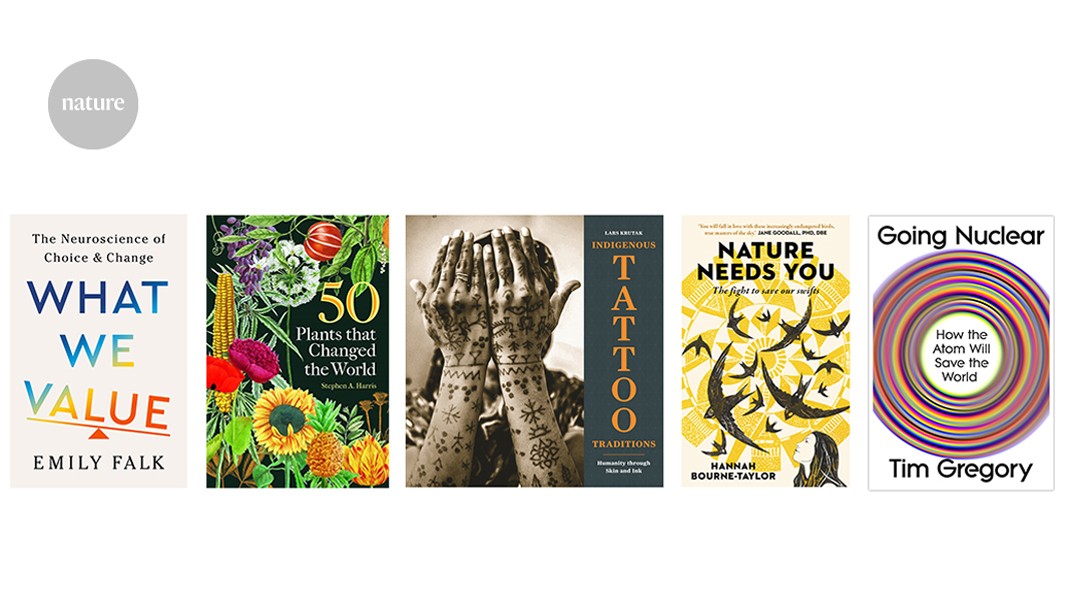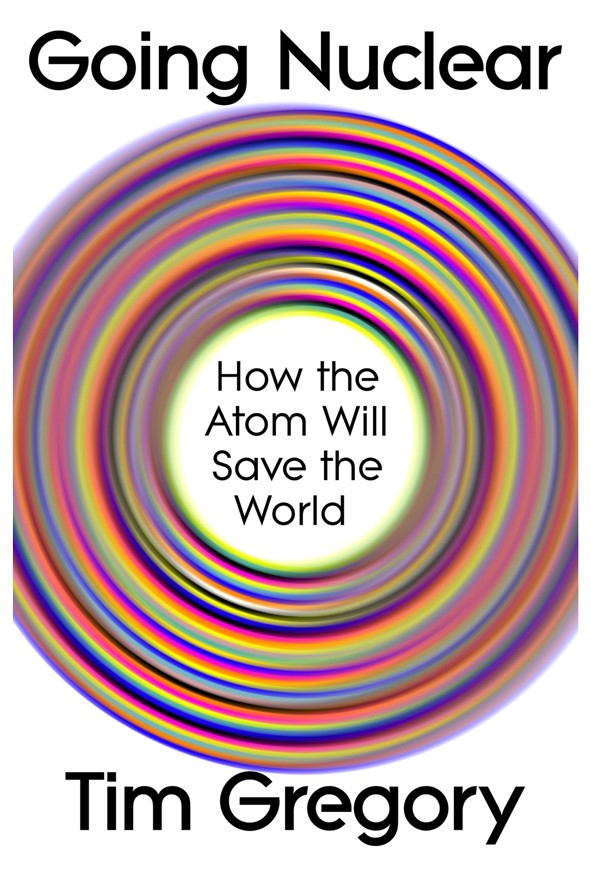
Going Nuclear
Tim Gregory Bodley Head (2025)
Often, “the most climate-concerned environmentalists are the least supportive of nuclear power”, notes nuclear chemist Tim Gregory in his enjoyable history of nuclear fission and power. He explains why nuclear energy promises to rein in global warming: it produces no carbon dioxide and one gram of uranium contains the same amount of energy as several tonnes of coal. Gregory discusses the risk of deadly accidents, such as those at Chernobyl in the Soviet Union in 1986 and at Fukushima, Japan, in 2011.
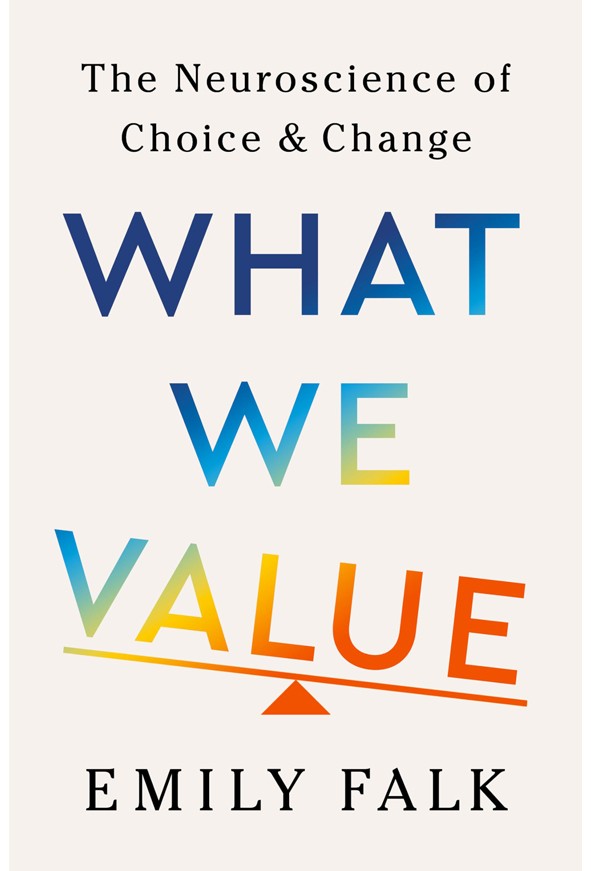
What We Value
Emily Falk W. W. Norton (2025)
Brain scans can detect neural activity when people react to stimuli. Although such methods can’t reveal a person’s thoughts, notes neuroscientist Emily Falk, they can help researchers to understand people’s systems of values — with a view to improving lives. “Shining a flashlight around a dark cave might reveal a pulley that opens a door or a lever that reveals a skylight.” Falk’s intriguing book explores how the value system works; how we can alter our behaviour; and how we can better interact with large webs of influence.
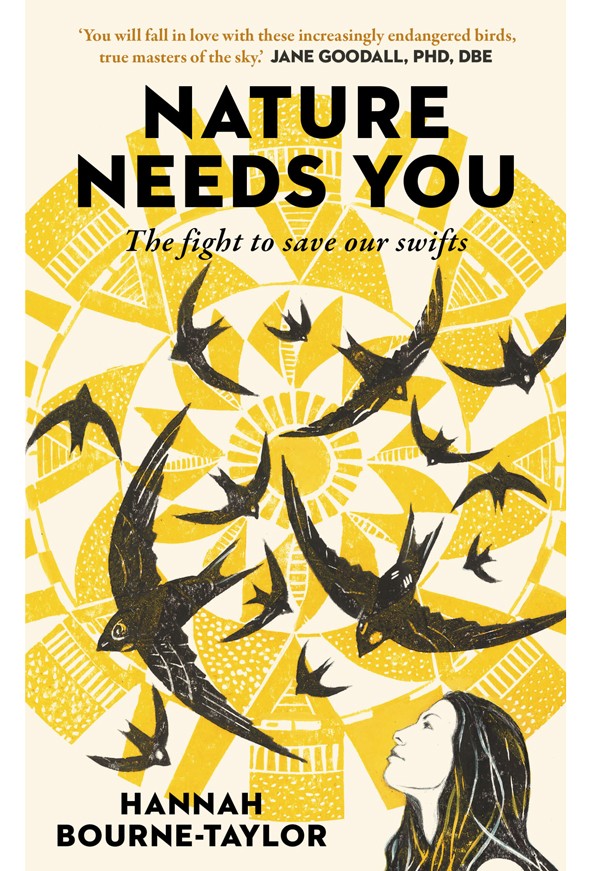
Nature Needs You
Hannah Bourne-Taylor Elliott & Thompson (2025)
A colony of swifts (Apus apus) has long nested in the tower of Oxford’s natural history museum, UK. Every May, the birds arrive in waves; and, every August, they fly back to Africa’s rainforests. Aware that the UK swift population is declining, nature writer Hannah Bourne-Taylor — who has raised and rehabilitated several birds in Ghana and England, where she now lives — launched a campaign to save them in 2022, as she recounts in her thought-provoking memoir. She advocates the use of cheap “swift bricks”, with hollows for nests, in building walls.
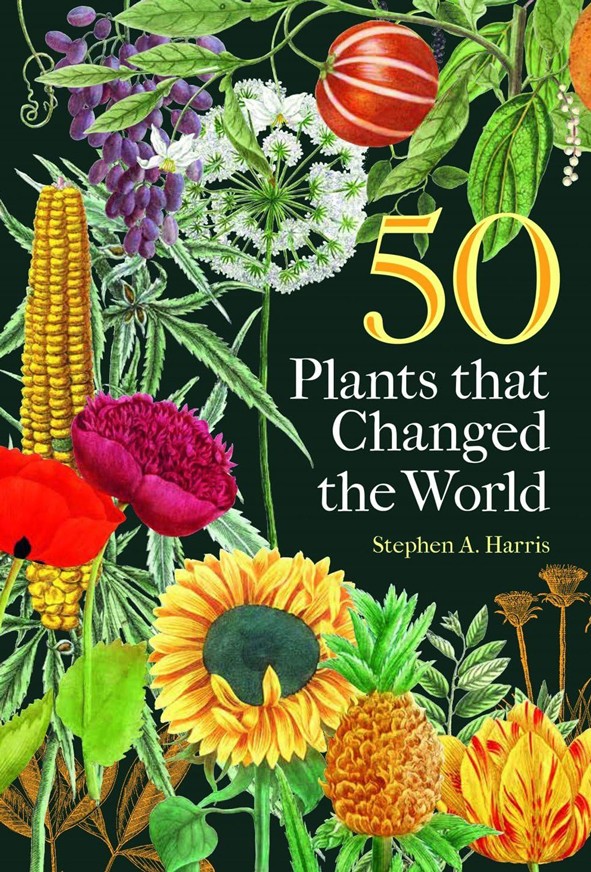
50 Plants that Changed the World
Stephen A. Harris Bodleian Library (2025)


